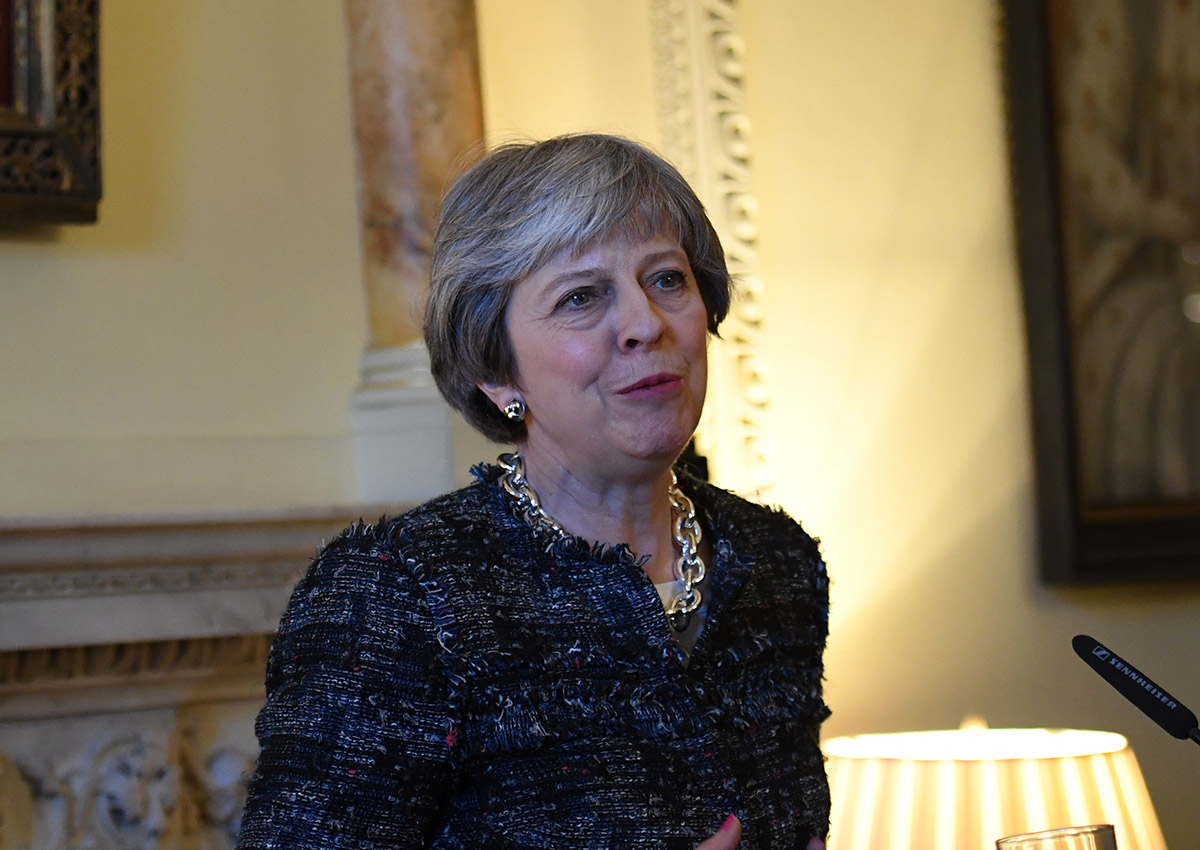Women politicians are judged more harshly online than their male peers on appearance and marital status, according to an international study comparing how male and female politicians are treated on social media.

After analyzing Twitter posts sent to male and female lawmakers, women were found to be three times more likely than men to receive sexist comments, said the study, described by its author as one of the first to quantify the different treatment.
“Sexism and abuse are everyday occurrences for many female politicians who are active online,” said Eva Barboni, founder of Atalanta, a British group that aims to boost the number of women in senior government jobs.
“This takes a heavy toll on both the politicians themselves and on our broader democratic debate, particularly when it escalates from harassment to threats,” she said in a statement.
READ MORE: Female prison guards allege years of harassment, sexual abuse by male guards in $43.4M lawsuit
Social media attacks are so common for female politicians that they deter women from running for office around the world, advocates and female lawmakers say.

Get daily National news
WATCH: Federal government to tackle gender wage gap and sexual harassment

By analyzing tweets sent between September and November 2017 to three prominent pairs of female and male politicians in Britain, South Africa and Chile, Atalanta found nearly three-quarters of Twitter posts sent to women were to do with their appearance or marital status.
Most of these comments were negative and were unrelated to their competence as politicians, said the report, which also included interviews with women politicians.
READ MORE: The subtle ways women experience harassment in the workplace
“It’s something that I would advise people to think about carefully before they become an MP, so they know what they’re getting into,” British parliamentarian Rachel Reeves was quoted as saying in the report.
“I think it’s a shame that that’s one of the things that people have to consider.”
Many politicians in Britain have become more vocal about the abuse they face after opposition Labour politician Jo Cox, a 41-year-old mother of two children, was shot and stabbed to death a week before Britain’s Brexit referendum in 2016.
READ MORE: Calgary MP Darshan Kang says he’s staying on in his role despite harassment decision
Platforms such as Twitter, YouTube and Facebook have been criticized for failing to remove abusive material posted online even after they were notified.
Britain’s ethics watchdog in December recommended introducing laws to shift the liability for illegal content on to social media firms, and called for them to do more to take down intimidatory content.
Nearly 45 percent of all women parliamentarians had received threats of death, rape, beatings or abduction during their term, according to a 2016 study by the Inter-Parliamentary Union (IPU), the international organization of parliaments.







Comments